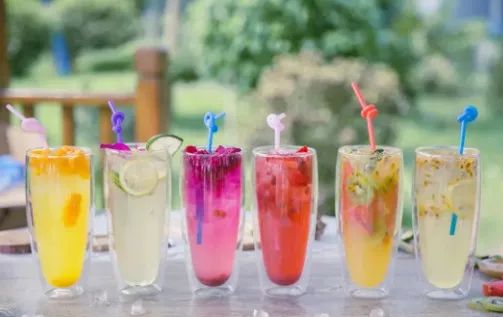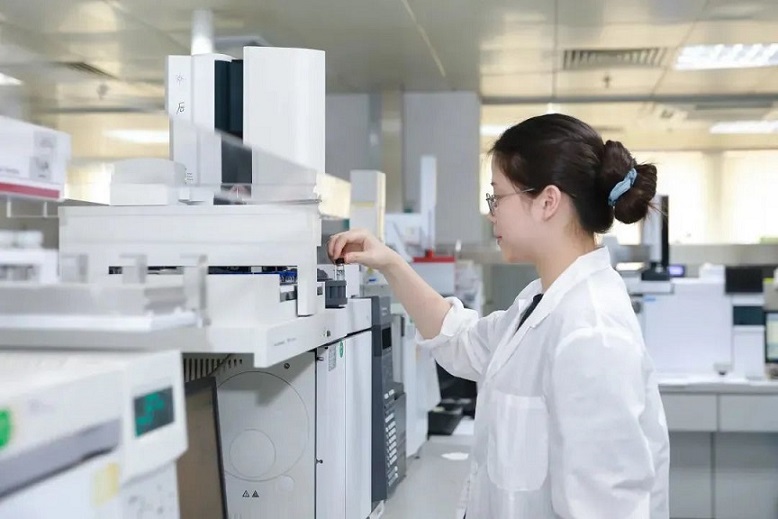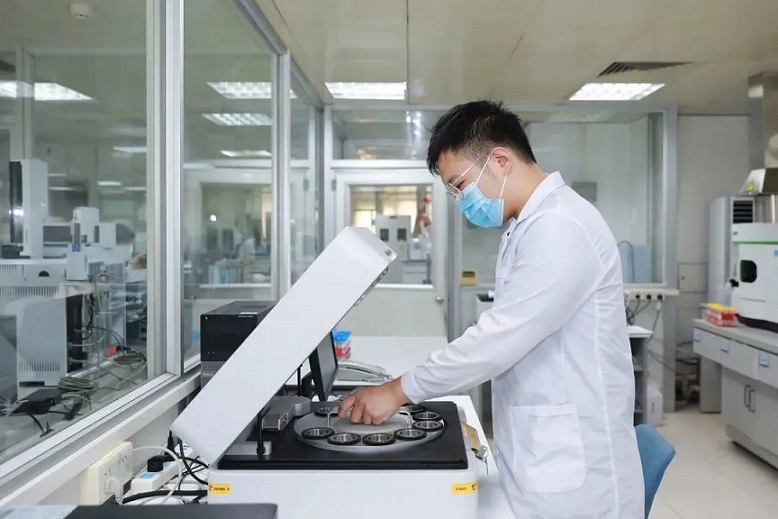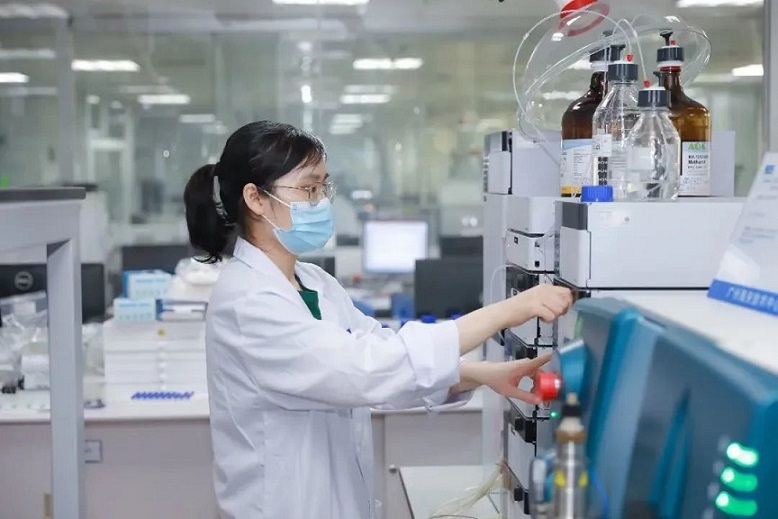China New National Standards for Beverages Are Coming

Food Safety National Standards for Beverages (GB7101—2022, hereinafter referred to as )was officially released on June 30,2O22 and will be implemented on December 30, 2022. Beverage Importers shall keep up with the latest requirements of the New Standards and make sure imported beverages meet relevant requirements of China Food Safety National Standards.
Well, what requirements the New Standards have for beverages on the market? Please allow Seahog, a reliable China customs broker, find out for you.

Definition
Based on GB7101-2022, beverages are drinks that are made of one or several edible materials, added with or not added with ingredients, food additives, food nutrient supplements, quantitatively packed after processing, can be drunk directly or after brewing,and whose ethanol content accounts for less than 0.5%, for example sodas, fruit and vegetable juice and their beverages, protein beverage, power drinks and so on.

The Requirements of the New Standards for Beverages
1. Physicochemical Indexes
- The total amount of zinc, copper and iron contained in fruit and vegetable juice and their beverages shall be less than or equal to 20mg/L
- Cyanide(calculate in terms of HCN) contained in beverages added with apricot or apricot products shall be less than or equal to 0.05mg/L
- The result of urease test for beverages with soybean or soybean protein products shall be negative.
2. Pollutant Limits and Mycotoxin Limits
The pollutant limits for beverages shall meet the regulations of GB2762. For example, lead content for milk beverages shall be less than or equal to 0.05mg/kg,and the lead content for powder drinks shall be less than or equal to 1.0mg/kg.
The mycotoxin limits for beverages shall meet the regulations of GB2761
3.Microorganism
- Beverages commercial aspetic manufactured shall meet the requirements of commercial sterilization.
- Pathogenic bacterium (salmonella) limit of other beverages shall meet the regulations for beverages of GB29921. Aerobic bacterial count, coli group, mucedine, and yeast shall meet the regulations as specified in Table 3 of GB 7101-2022.
Important Reminder
Aerobic bacterial count limit is not applicable for beverages with viable organism. Yeast limit is not applicable for powder drinks.
4. Requirements for Food Additives and nutrient supplements
The application of food additives shall meet regulations of GB2760
The application of nutrient supplements shall meet regulations of GB 14880
5. Requirements for Chinese label
Imported beverages shall have Chinese label that meet relevant requirements and shall clearly indicate name of the beverage, ingredients, name, address and contact info of the importer/dealer/agency, net weight, production date, expriry date, storage date, country/region of origin, and nutrition table.
Key Reminder
- Beverages added with bacteria shall indicate viable bacteria type(unsterilized) or non-viable bacteria type(sterilized) on Chinese label.
- Beverages added with viable bacteria of lactic acid bacteria shall indicate content of lactic acid bacteria.
- Beverages that need cold or frozen storage and transportation shall indicate the conditions for storage and transportation on their China label.

Import Flow of Beverages
1. Registration of Foreign Manufacturers
Foreign manufacturers of beverages shall apply for registration at the appointed customs system and obtain the registration number before exporting to China.
2. Filing of Importer
Importers in China shall register themselves as a food importers at local customs before they undertake food importation.
3. Import Declaration
When declare to China customs, name, brand, country/region of origin, quantity/weight, unit value/total value, production date(batch number) and other content as stipulated by General Administration of Customs of China shall be declared honestly.
4. On-Site Inspection & Supervision and Sampling Inspection
In accordance with the supervision and management requirements, China customs carry on on-site inspection on imported beverages. China customs also execute national safety supervision and sampling inspection plan and will inspect by a certain percentage whether the Chinese labels, microorganism, pollutants, food additives and nutrient supplements of imported beverages are up to standard requirements. Importers or their China customs agent shall submit the original labels, Chinese translation of original labels, Chinese labels and other proving materials to China customs.
5. Conformity Assessment
Imported food assessed as qualified by customs will be granted to imported. Those not qualified will be issued with unqualified certificate.Imported food that are unqualified in safety, health, environment protection aspects will be destroyed to returned. Those unqualified in other aspects can be imported after being technically processed to meet the conformity assessment requirements.
- LAST TEXT:How to do the Customs Clearance for Dried Myrcia Leaves in Shanghai?
- NEXT TEXT:NO BODY


